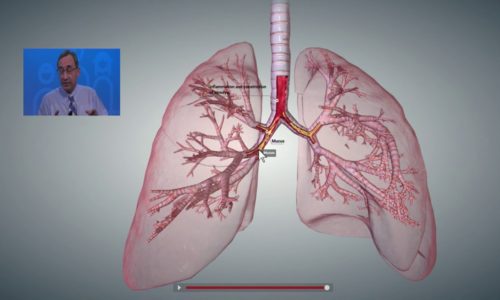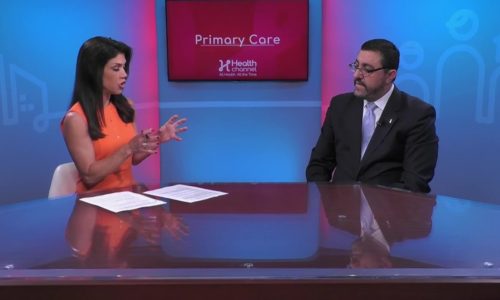Is it ok to take cough medicine? |

Coughing helps to clear the respiratory system of irritants and secretions associated with a cold or flu. With most minor respiratory infections it is best not to interfere with this mechanism. When someone is unable to rest because of the cough or needs “help” in clearing secretions, they often consider taking an over-the-counter cough medicine. Two major classes of cough medicines are marketed for self-treatment— expectorants and suppressants.
Expectorants, also known as mucolytics, are medications that thin mucus in the bronchial passages making it easier to cough up phlegm from the lungs. The most common active ingredient in expectorants is guaifenesin which is contained in the brand name medications, Mucinex and Robitussin Chest Congestion.
Cough Suppressants, also known as antitussives, work in an entirely different manner than expectorants. Instead of helping to remove phlegm from the lungs, suppressants actually block the cough reflex. The most common suppressant in over-the counter cough medicine is the mild narcotic, dextromethorphan. Cough medicines ending in the letters, DM (Benylin DM, Robitussin DM, others) most likely contain dextromethorphan. Codeine is a more potent antitussive that is also included in many cough medicines but is only available by prescription. The most appropriate use of a cough suppressant is for a severe cough that is keeping someone up at night or interfering with activities. Otherwise, the removal of phlegm from the lungs should be encouraged.
Combination cold medicines mix a suppressant or expectorant with other medicines to treat cold symptoms. As with cough medicines, a combination cold medication’s name followed by the letters DM indicates that it also contains a cough suppressant. The other ingredient could be an antihistamine, a decongestant and/or a pain reliever. Robitussin Multi-Symptom Cold, Nyquil Cold and Flu, Theraflu Multi-Symptom are just a few of the available combination cold medicines available. In someone with multiple symptoms (cough, body aches, nasal congestion, etc.) this could help simplify treatment. If symptoms related to a cold or flu are more limited, you may end up taking medicine that you don’t need. In some instances, a cough suppressant and expectorant are included in the same medication. This combination seems to be more of a marketing gimmick than a useful treatment.
Alternatives to commercially available cough medicines include increasing oral fluids, breathing in humidified air, and taking a teaspoon or two of honey. A study found that children ages 1-5 with cough due to upper respiratory tract infection had greater reduction in their cough after taking a teaspoon and a half of honey than taking dextromethorphan. This is particularly important considering that the U.S. Food and Drug Administration as well as the Academy of Pediatrics advise against giving young children over-the-counter cough or cold medicines. Honey should not be fed to children less than one year of age, however, since this has been associated with botulism infection.
Some general guidelines if considering taking an over-the-counter cough medicine with a cold or flu are to: 1) take an expectorant with a “wet” cough to help clear secretions from the lungs or 2) use a suppressant when the cough is “dry” cough and is keeping you awake or interfering with your daytime activities.
If you have any more questions just Ask Hanna, our health advisors are here to help.
Image: ©Shutterstock / Kleber Cordeiro








